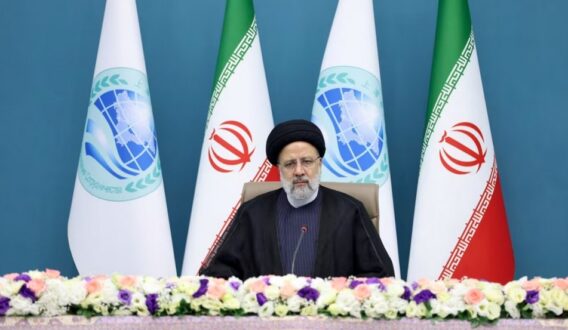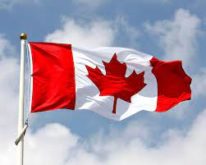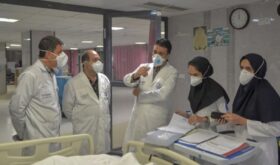iranintl – While the head of Iran’s wealth fund issued a dire warning about future, the president pledged to provide “free” water, electricity, and gas to low-income households.
President Ebrahim Raisi made the claim during a press conference on Tuesday, stating “Providing free water, electricity, and gas to low-income families is on the government’s agenda.”
The president also claimed that “health insurance has been provided for six million people in the country for free.”
“The government is cares about paying subsidies, providing housing for the deprived strata, as well as allocating land and providing facilities to the low-income households,” he said, adding that “we have been committed to what we have said in the elections, and we will be; we have not forgotten any of those promises, and we will not forget them.”
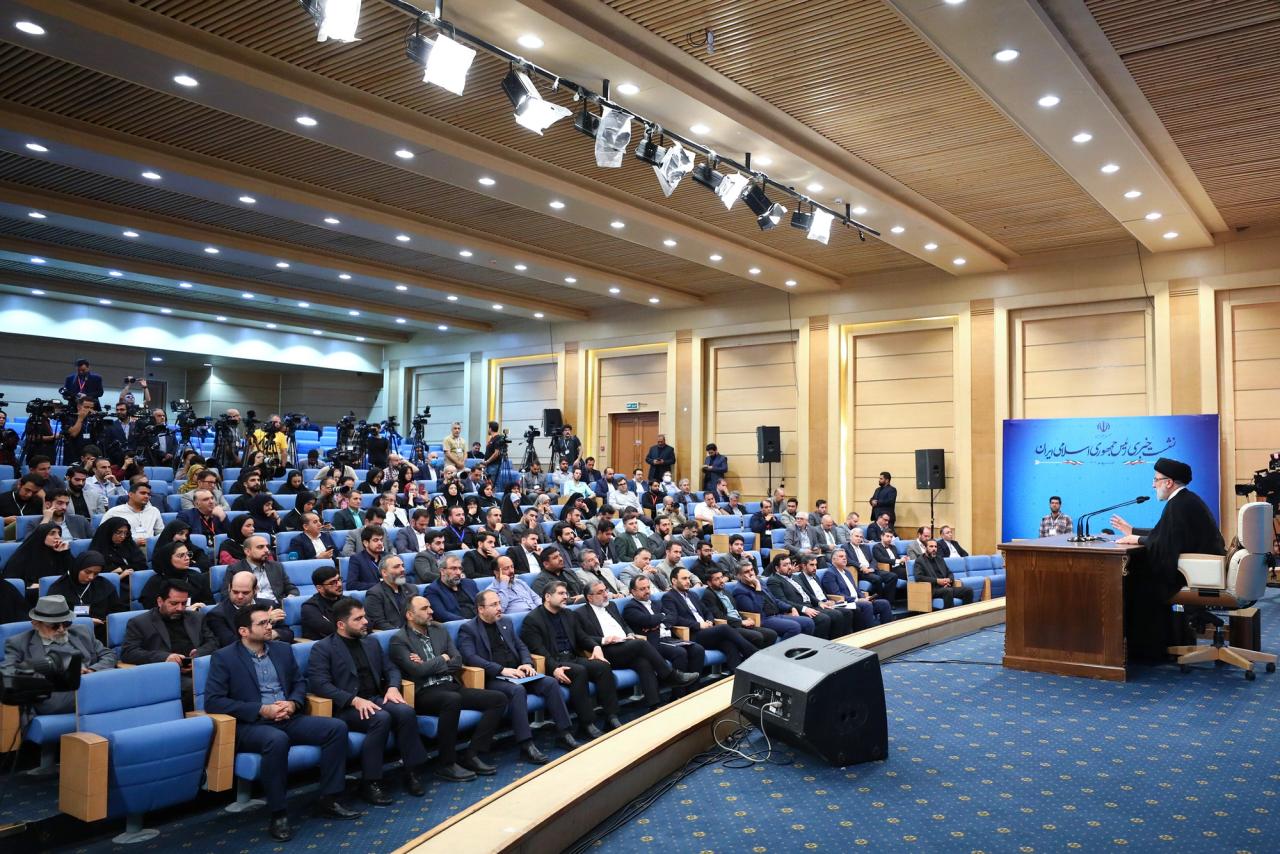
Iranian President Ebrahim Raisi during a press conference in Tehran on August 29, 2023
A day earlier, Mehdi Ghazanfari, the head of Iran’s National Development Fund, warned that “people are worried about the day when we become servants of neighboring countries” because they are progressing rapidly, and Iran is not.
Highlighting that the regime only attaches importance to “military strength” as an element of national power, he warned that if Iran neglects “economic development coupled with high growth rates” it might become a country “devoid of its human resources and investment opportunities.”
Ghazanfari said a new type of colonialism may take place in Iran in the face of prosperous and wealthy neighboring nations. “If the current trend persists in Iran, it may become a country in the future that imports gas from Turkmenistan, wheat from Saudi Arabia, depends on Oman and Qatar for medical services and Qatar, and on the UAE for maritime and aerial logistics,” he warned.
Raisi’s remarks were reminiscent of promises by the Islamic Republic’s founder Ruhollah Khomeini, who famously promised Iranians free electricity, water and a cash share of the oil export income in his first speech upon arrival to the country after exile during the 1979 revolution. Khomeini made a variety of promises to Iranians for his Islamic regime such as a popularly elected governments that would represent the people without the interference of the clergy in addition to abolishing homelessness.
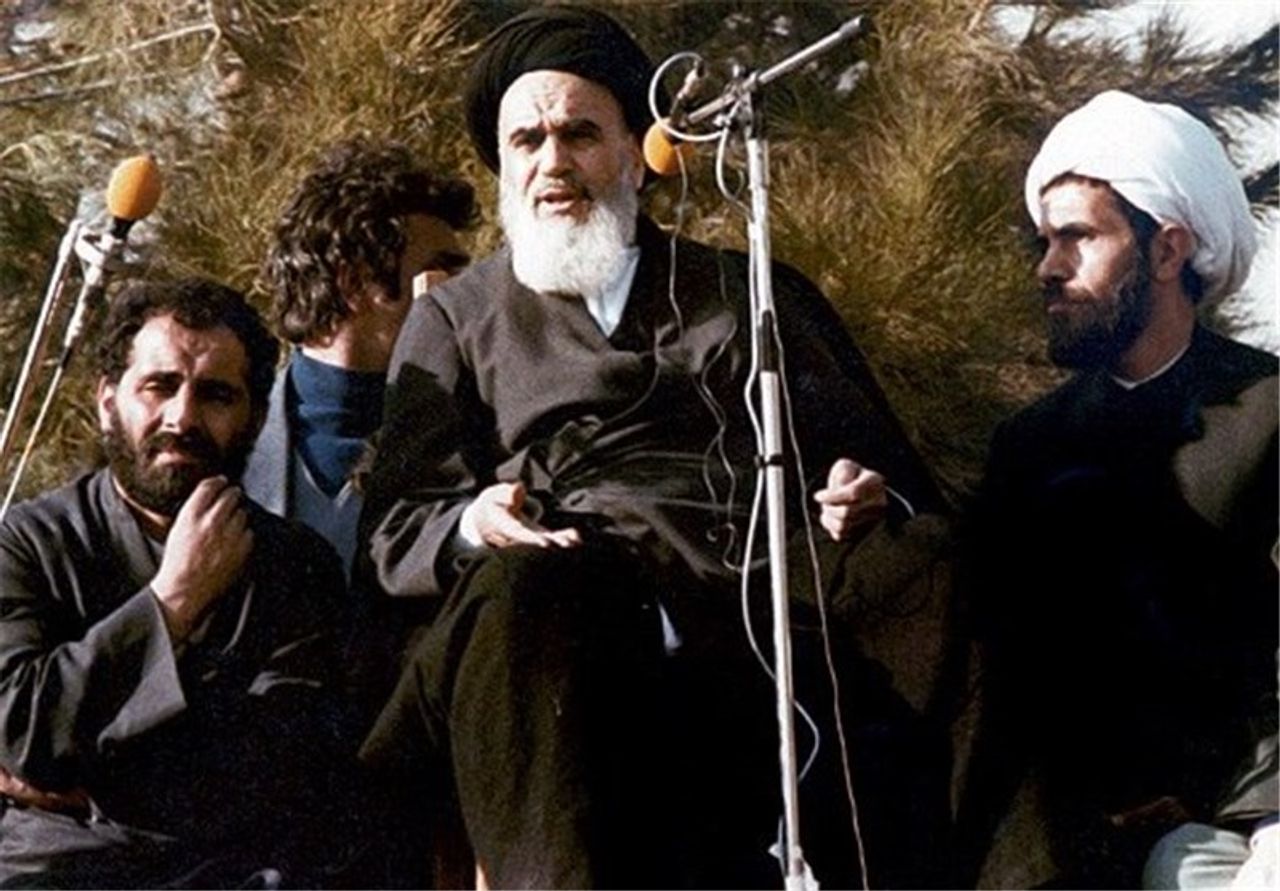
The Islamic Republic’s founder Rouhollah Khomeini addressing the nation at Behesht-e Zahra, the largest cemetery in Iran (February 1979)
Since the historic speech in February 1979, Iranian officials have made similar promises over the years, with former President Hassan Rouhani even claiming that he had managed to achieve these goals. Rouhani claimed in December 2020 that his government had realized Khomeini’s promise, providing low-income strata of the society with water, gas, and electricity free-of-charge.
Iran has survived on oil export revenues during 44 years of clerical rule and has used the income to provide tens of billion of dollars in subsidies to the population each year, while maintaining an unproductive, government controlled economy. The lack of planned and sustained economic growth, a closed economy not attractive for foreign investment and various foreign economic sanctions have led to the current crisis marked by very high inflation, low economic growth and increasing poverty.
Rouhani officials repeated bogus claims of more subsidies, with his government spokesman Ali Rabiei saying that some 35 percent of the country’s population – about 30 million people – had access to free utilities. “We supplied people with free gas, but we became self-sufficient in gas production beforehand so that we can meet the domestic demand in winter and even be able to export,” he said in 2020, a claim that contradicted reality, as more than 30 million Iranians live below the poverty line.
Elsewhere in his press conference, Raisi made other claims about the reduction in inflationary pace, a higher growth rate, and reduction in the unemployment rate.
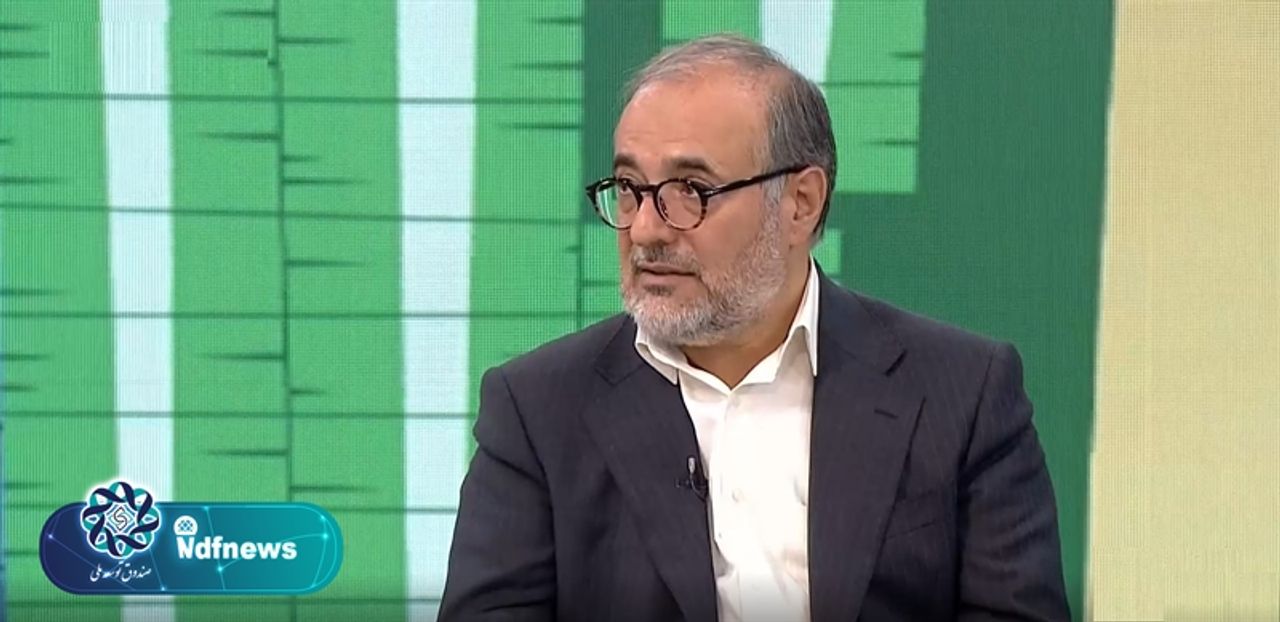
Mehdi Ghazanfari, the head of Iran’s National Development Fund
Over the past few years, many economists have warned about capital flight and the emigration of elites and skilled workers from Iran due to the Islamic Republic’s policies.
The cost of living in Iran, including electricity, water, and gas bills, has consistently risen over the years and the majority of Iranians have fallen into poverty, no longer being able to afford meat and even fruit and vegetables, with consumption dropping by half.
The Islamic Republic has been struggling with high inflation since at least 2019, but the raging inflation in the past Iranian year which ended on March 20, was seriously different from previous years. Currently the official annual inflation rate is nearly 50 percent – the highest rate in Iran for more than 30 years— but prices for foodstuff are most affected with some categories doubling or tripling in the past 12 months. The devaluation of Iran’s rial from 260,000 per US dollar to about 500,000 this year signals even higher economic woes for the people.
 Shabtabnews In this dark night, I have lost my way – Arise from a corner, oh you the star of guidance.
Shabtabnews In this dark night, I have lost my way – Arise from a corner, oh you the star of guidance.
